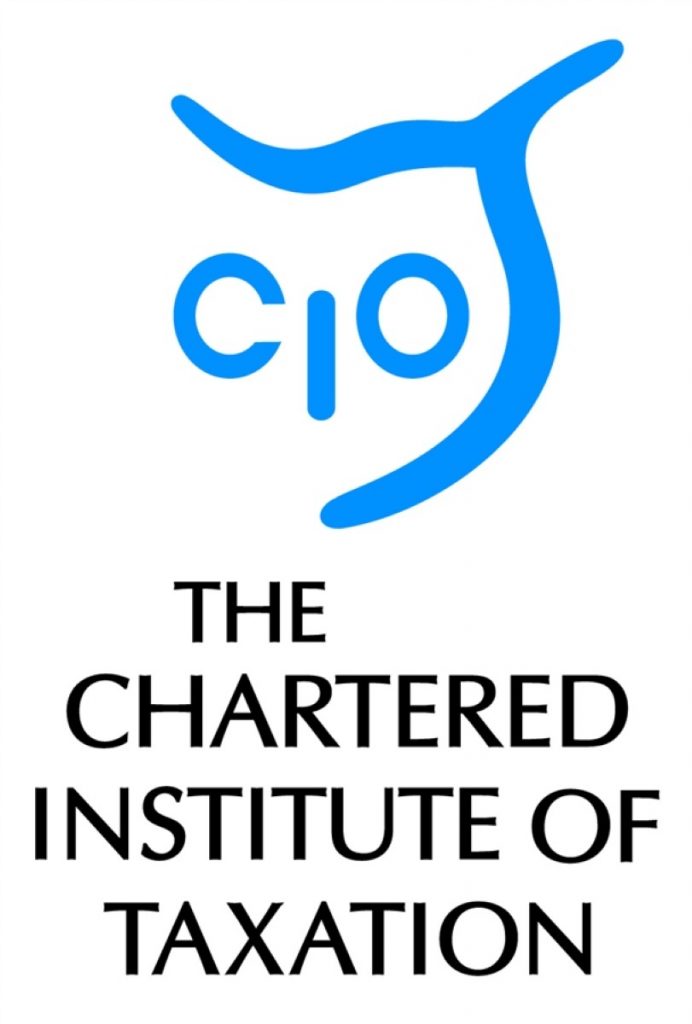Tax evasion – advisers question need for new offences
Tax advisers have questioned the need for two new tax evasion offences, following the Government’s announcement that it will go ahead with them.
Documents published alongside this week’s Autumn Statement confirm that the Government will introduce:
- a new criminal offence that removes the need to prove intent for the most serious cases of failing to declare offshore income and gains (a ‘strict liability’ offence);
- a new corporate criminal offence of failure to prevent the facilitation of evasion; and
- tougher civil penalties for offshore tax evasion.
Commenting on the ‘strict liability’ offence, Jon Preshaw, Chairman of the CIOT’s Management of Taxes Sub-Committee, said:
“This new offence risks criminalising careless mistakes.
“The CIOT strongly supports HMRC’s efforts to tackle tax evasion and we agree that the Government should be putting resources into combatting and investigating it. However HMRC already have wide criminal investigatory powers at their disposal. This new ‘strict liability’ offence, which will require no proof that the taxpayer deliberately intended to evade tax, is neither necessary nor reasonable.
“It cannot be right that an individual who simply makes a mistake in their tax affairs, without any intention to act wrongly, should be charged with, and possibly convicted of a criminal offence; think of an elderly person who does not realise that funds are taxable in the UK because they have already been taxed in an overseas jurisdiction; or someone who inherits an offshore account without any direct knowledge of it. Taxpayers in these situations should not face criminal charges.
“HMRC have said this will be only used in the most serious cases. To achieve this we would argue that the proposed statutory minimum threshold of tax evaded of £5,000 is not high enough – a threshold of £25,000 would be a more appropriate level.”
Commenting on the proposed corporate criminal offence of failure to prevent the facilitation of evasion, Jon Preshaw said:
“We remain sceptical that this new offence is needed.
“Of course anyone who helps a person deliberately evade tax deserves punishment, but there is already plenty of law in this area. If a bank employee, for example, has knowledge of or suspects (or has reasonable grounds for knowing or suspecting) money laundering, which can include tax evasion, they can already be liable to a criminal offence under the Proceeds of Crime Act 2002. Additionally, they commit an offence if they are involved in any arrangements which they know or suspect facilitate money laundering by another person.
“Practically this is going to be a challenging offence to draft. It is very difficult to hold companies to account for actions of individuals. Clear guidance will need to be provided to help give certainty over how the proposals will work and what organisations must do to ensure compliance.”
Note to editors
- The Chartered Institute of Taxation (CIOT)
The CIOT is the leading professional body in the United Kingdom concerned solely with taxation. The CIOT is an educational charity, promoting education and study of the administration and practice of taxation. One of our key aims is to work for a better, more efficient, tax system for all affected by it – taxpayers, their advisers and the authorities. The CIOT’s work covers all aspects of taxation, including direct and indirect taxes and duties. Through our Low Incomes Tax Reform Group (LITRG), the CIOT has a particular focus on improving the tax system, including tax credits and benefits, for the unrepresented taxpayer.
The CIOT draws on our members’ experience in private practice, commerce and industry, government and academia to improve tax administration and propose and explain how tax policy objectives can most effectively be achieved. We also link to, and draw on, similar leading professional tax bodies in other countries. The CIOT’s comments and recommendations on tax issues are made in line with our charitable objectives: we are politically neutral in our work.
The CIOT’s 17,500 members have the practising title of ‘Chartered Tax Adviser’ and the designatory letters ‘CTA’, to represent the leading tax qualification





-01.png)